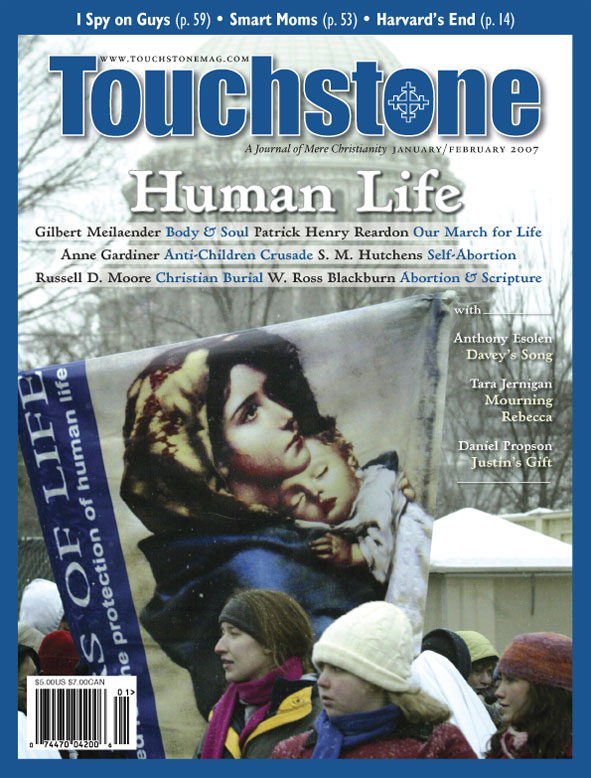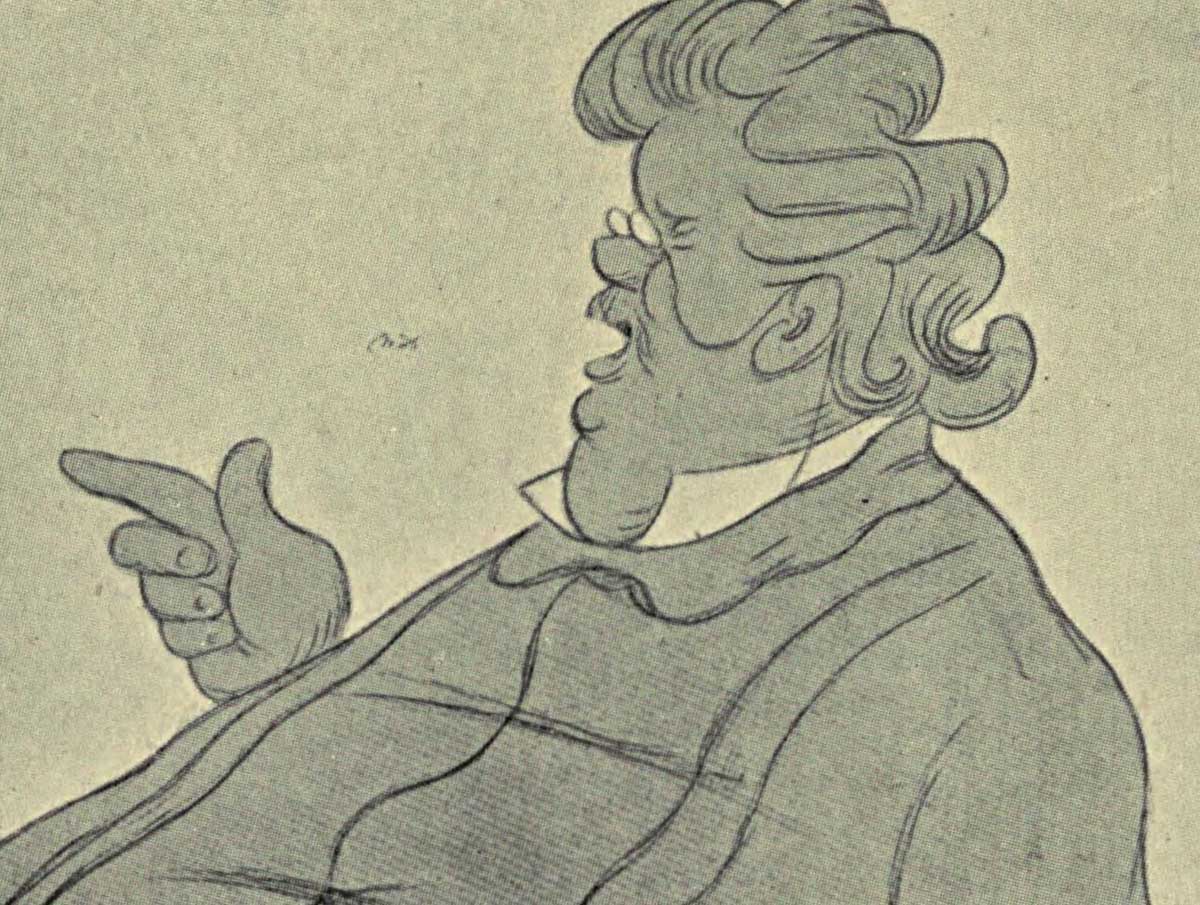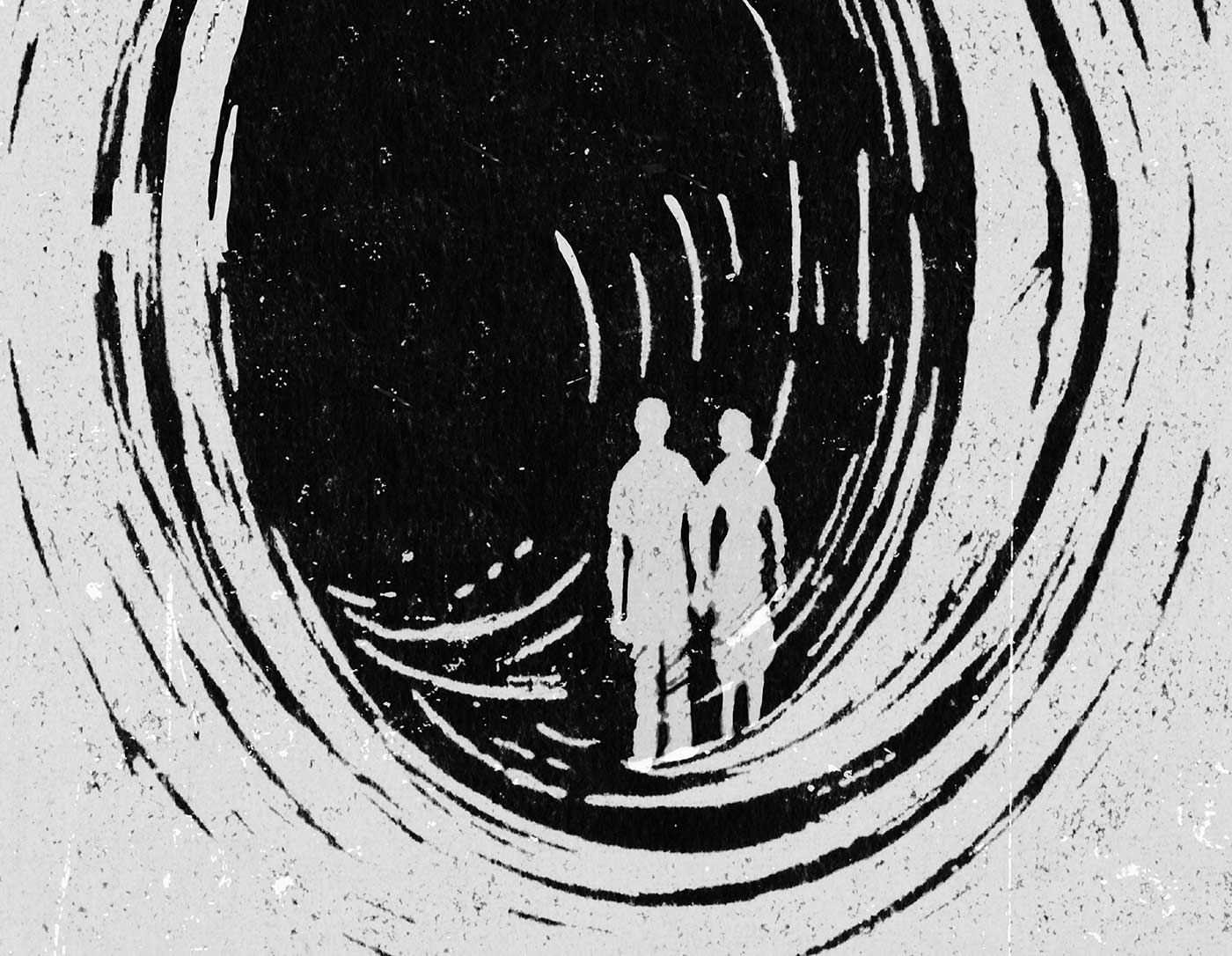Feature
Broken Bodies Redeemed
Bioethics & the Troublesome Union of Body & Soul
The body’s a downer.” So, according to a recent article (“Boomers Bringing Personal Touch to Their Funerals”) in the Chicago Tribune, says Mark Duffey, an entrepreneur with an idea, who recently started “what he calls the first nationwide funeral concierge service.” Evidently clergy blood pressure will soon be raised not only by those annoying wedding planners but also by funeral planners.
According to Duffey, Baby Boomers are eager “to control everything, from the food to the words to the order of the service. And this is one area where consumers [!] feel out of control.” One family, for example, reflecting upon the fact that their now deceased father had spent Sunday mornings on the golf course rather than in church, planned a memorial service on the 18th green of his favorite course.
A significant factor in making services “less somber” is the rapid growth in cremation. Not having a dead body around is liberating. “If the body doesn’t have to be there, it frees us up to do what we want.”
Mr. Duffey is likely to make a good living off his idea, but one fears that he is trapped in layers of self-deception. A dead body testifies that we are no longer in control—and perhaps that we never really were. Being freed up to do what we want is exactly the kind of pretension that death cuts short.
There is something pathetic about wanting to be in control of the event that announces our lack of control. Still more, we deceive ourselves if we want to celebrate the things we enjoy in this life without the presence of the body—the place of personal presence, without which none of those enjoyments is possible.
Live Bodies
An inability to think seriously about the significance of the dead body is likely to go hand in hand with uncertainty about the meaning of the living body. And we live in a world that constantly challenges us to think about what difference it makes that our identity is inextricably tied to the body. One arena in which such challenges regularly arise is the set of problems taken up under the rubric of “bioethics.”
Bioethics deals with bios, that is, with the body and earthly life. Taken seriously, therefore, it deals not just with a variety of important problems but also with the deeper questions of human “being” that—whether fully articulated or only taken for granted—shape what we think and say about particular problems. Without ignoring the issues that seem so pressing, we do well, then, to step back occasionally and give some attention to perspectives that are less immediately urgent—or, perhaps better, to think about particular issues in relation to our understanding of what it means to be human.
One of those understandings is often expressed still today by saying that human beings are composed of both body and soul. There are various angles from which one might assert this; I will be considering specifically Christian uses of such language, and the high value Christians place upon the body, affirming even that it will be raised to new life at the end of history.
We can, I think, imagine a being who is pure spirit—an angel, say, or the god of the philosophers. We can also imagine a being who is limited to the body—whose anima, whose life principle, has no capacity to transcend the limits of nature and history.
Gilbert Meilaender is the Duesenberg Professor in Christian Ethics at Valparaiso University. His books include Neither Beast nor God: The Dignity of the Human Person (Encounter Books) and Should We Live Forever?: The Ethical Ambiguities of Aging (Eerdmans). He is a Lutheran.
bulk subscriptions
Order Touchstone subscriptions in bulk and save $10 per sub! Each subscription includes 6 issues of Touchstone plus full online access to touchstonemag.com—including archives, videos, and pdf downloads of recent issues for only $29.95 each! Great for churches or study groups.
Transactions will be processed on a secure server.
more from the online archives
calling all readers
Please Donate
"There are magazines worth reading but few worth saving . . . Touchstone is just such a magazine."
—Alice von Hildebrand
"Here we do not concede one square millimeter of territory to falsehood, folly, contemporary sentimentality, or fashion. We speak the truth, and let God be our judge. . . . Touchstone is the one committedly Christian conservative journal."
—Anthony Esolen, Touchstone senior editor











